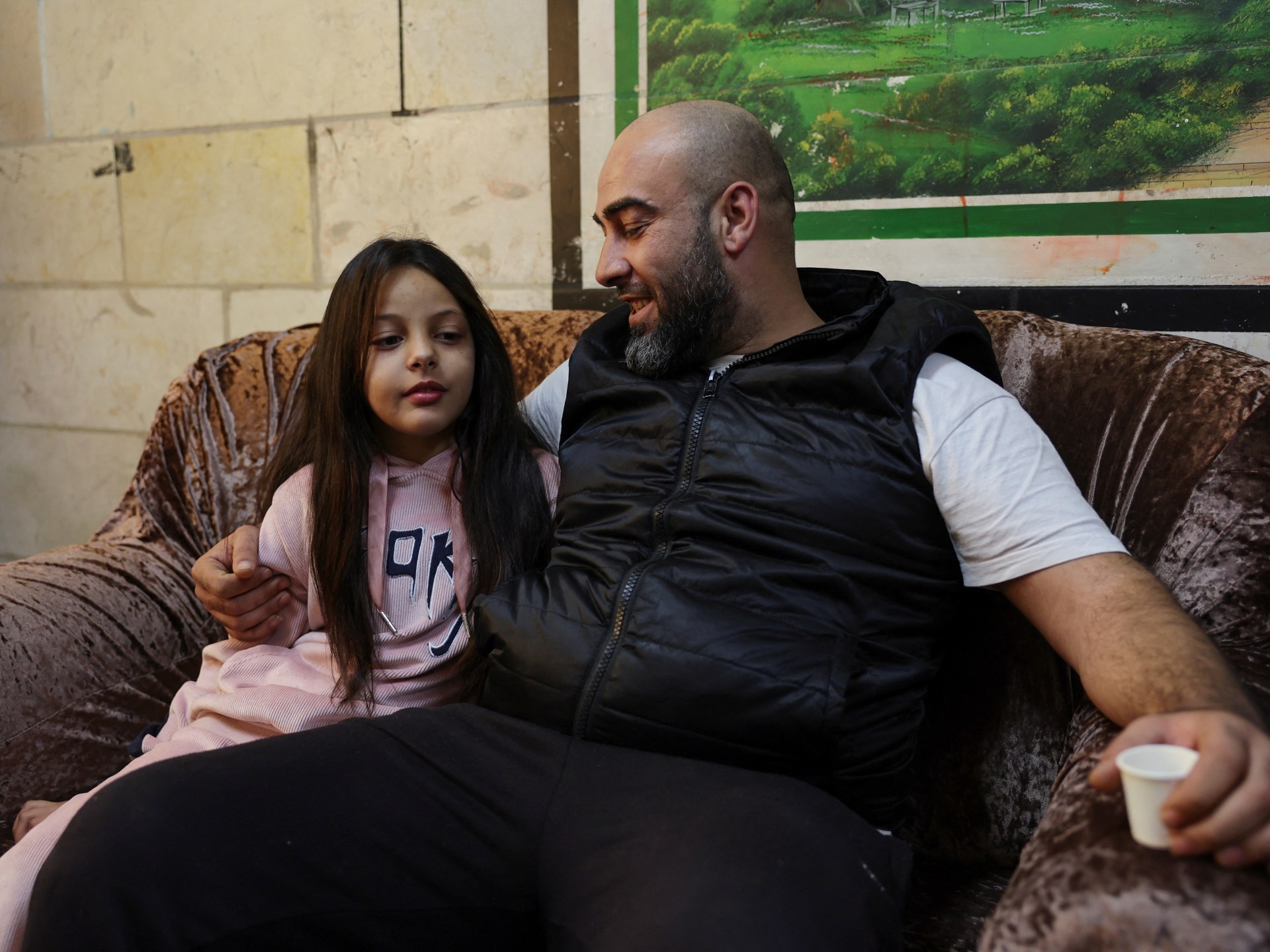Over the first four days of Israel-Hamas prisoner exchange, Israel arrests 133 Palestinians while releasing 150.
…
But the worry for Palestinian prisoners does not end after their release. The majority of those freed are usually rearrested by Israeli forces in the days, weeks, months and years after their release.
Dozens of those who were arrested in a 2011 Israel-Hamas prisoner exchange were rearrested and had their sentences reinstated.
…
Many of the women and children released during the truce have testified to the abuse they experienced in Israeli prisons.
Several videos have also emerged in recent weeks of Israeli soldiers beating, stepping on, abusing and humiliating detained Palestinians who have been blindfolded, cuffed and stripped either partially or entirely. Many social media users said the scenes brought back memories of the torture tactics used by United States forces in Iraq’s Abu Ghraib prison in 2003.



The term I’ve heard for this the establishment equivalent of a terrorist: a “horrorist” (best link I could find here (2007) about Israel/Palestine conflict, America’s “War on Terror,” etc).
Basically what they do is legal, and according to plan, and somehow more respectable and orderly than what the terrorists do, but still the outcome is human suffering, often on a much grander scale than what any terrorist could hope for. For instance the accidental bombing of a school (oops!), or in the use of white phosphorous (which turns the divine human into a lump of abject suffering).
“Horrorists” can make you quake with fear, but unlike the terrorist, they have the legitimacy of a democratic state, and powerful allies to back their actions.
The term I heard for this is “state terrorism”.
The actions speak for themselves and how established or not the power of the actors doing the deed is, has no relevance for the moral quality of such actions.
Using different language is a trap put in place by those in established power - it segregates what morally are the same kind of acts into two groups, by how established the power of those doing the deeds are, and the acts of the well established power are relentlessly portrayed using those special separate designations as if they had a morally different character - ann acceptable one - than the exact same acts when committed by those outside established power structures.
This is why, say, when an Israeli soldier shoots on the head a child throwing stones at an armored digger, it’s not designated in the media as “murder” or even “terrorism” even though from a strict “taking no sides” judicial point of view it is definitelly the former and depending on intention might very well be the latter.
So yeah, murder for the purpose of scaring the rest is terrorism, no matter if those doing the deeds are part of a well established power structure, called “soldiers” and using 500lb bombs dropped from military planes that cost many millions of dollars or part of a group which is not a well established power structure, called “rebels” and using knifes - the means and how well entrenched the power structure behind the acts is are both irrelevant for the dtermining the moral quality of that deed.
I agree, but I do feel like the harm committed by “state terrorism” is worse, in a way I find hard to articulate. It’s true that using a separate word can be a useless distinction, but it does feel different to me in an important way.
But I’m not the kind of person who needs convincing that the state can sin just as well as the individual, so maybe my perspective isn’t applicable.